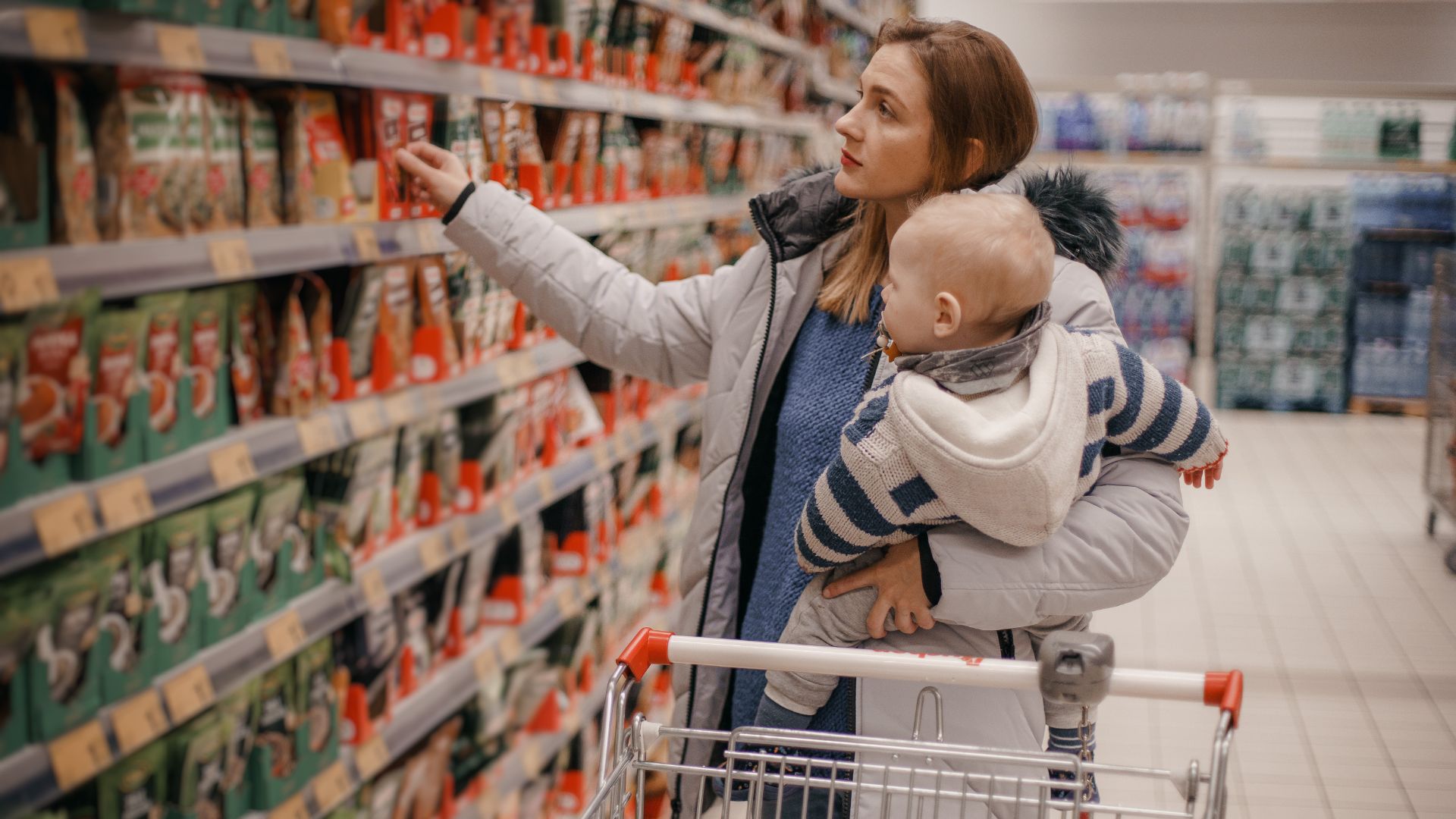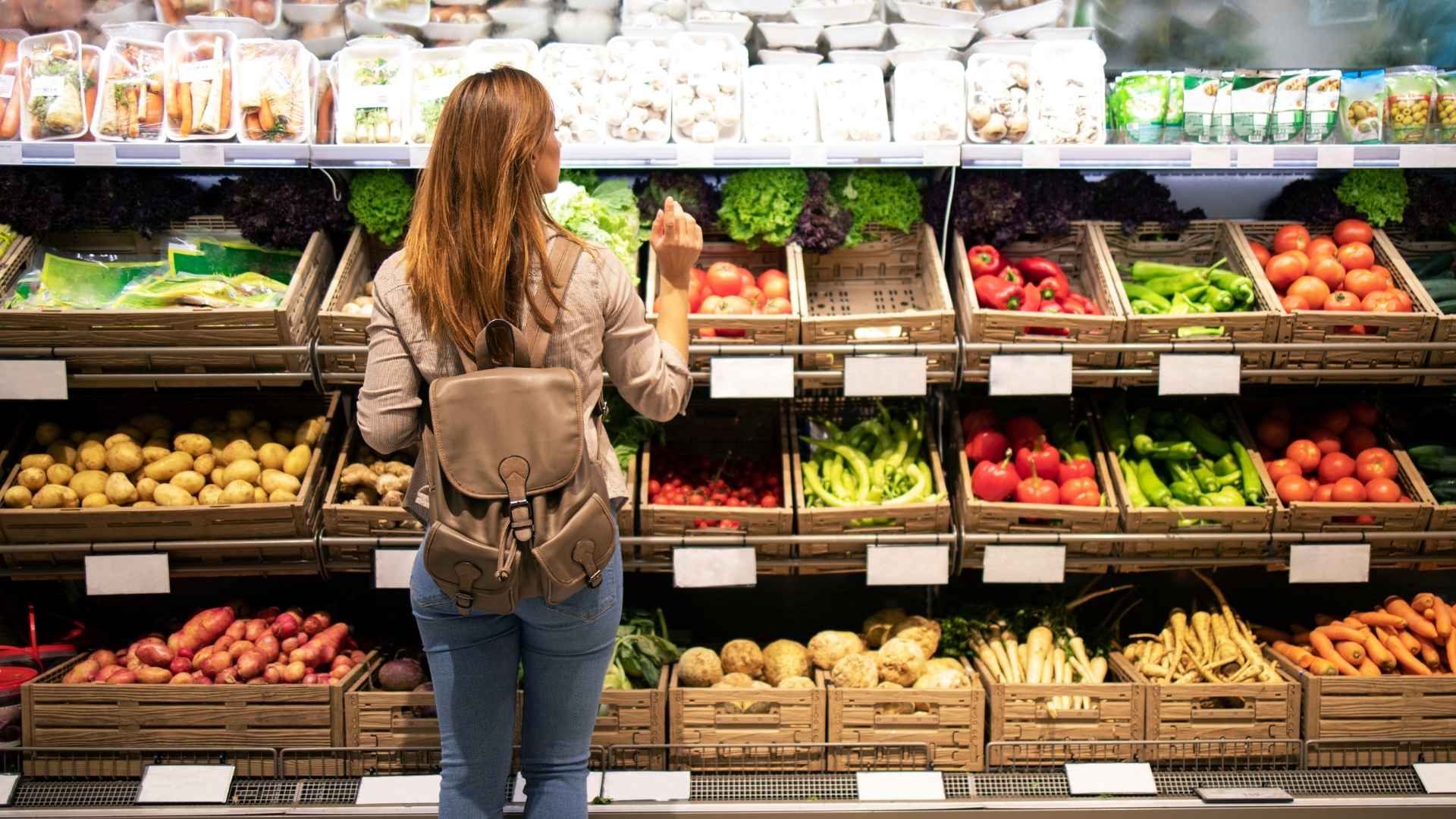By Rick Stein, Vice President, Fresh, Industry Relations, FMI

Sustainability is a topic of growing importance to consumers, and it needs to be prioritized by leaders in the fresh foods industry. However, this is easier said than done.
Sustainability is a complex subject that includes aspects such as packaging, food waste, recycling and the future of plastics. The fresh industry recognizes the importance and is identifying meaningful strategies to make progress. This was clear from a sustainability panel and related breakout sessions at the recent FMI FreshForward conference in Minneapolis.
Emphasizing Collaborative Efforts
Panelist Tom Windish, president of retail, Cargill Protein-North America, emphasized the importance of collaborative efforts to enhance sustainability across the supply chain. He said Cargill is focused on that goal, and suppliers and retailers need to work together to find realistic solutions.
“We need to connect people, markets, and products across the globe,” he said.
Windish said Cargill’s BeefUp Sustainability Initiative aims to achieve a 30% reduction in greenhouse gas emissions in beef by 2030 through efforts such as collaboration with ranchers and farmers, and reduction in food waste.
He also described Cargill activities to support water saving techniques for farmers, and other initiatives that focus on traceability and blockchain.
Putting Plastics in Perspective
The topic of plastics and packaging was spotlighted by panelist Janis McIntosh, director of marketing innovation and sustainability, Naturipe.
She said clamshell packaging revolutionized the berry category by improving visibility of product, enhancing food safety, and reducing food waste, among other benefits.
Recently, however, consumers and retailers have been increasingly focused on achieving plastics reduction. She pointed to unintended consequences that may result from switching to fiber/corrugated trays. This includes shrink resulting from packaging that may get wet in bad weather, and reduced visibility of products for shoppers. Environmental impacts would include the need for trays soiled with food stains to be sent to landfills, she added.
McIntosh said the best solution is to eliminate plastic waste, not eliminate plastic. She said innovative recyclers such as rPlanet Earth are making positive changes for plastics. For example, she said, recycling PET uses fewer resources than creating virgin resin.
She urged the industry to help support the efforts of recyclers, including through the use of adhesives that won’t contaminate the PET.
Getting Smarter About Packaging
Panelist Francesco Fazio, principal, Deloitte Consulting, focused on “smart packaging” as an opportunity to address major problems such as food waste, temperature assurance, and counterfeiting.
How does packaging get smarter? It does this by leveraging aspects such as design, materials and connectivity, he said. The applications span the entire value chain – from enabling better inventory and lifecycle management, to ensuring product integrity and authenticity, to enabling different kinds of user interactions.
He shared examples of smart packaging that achieve low environmental impact, such as through significantly reduced plastic. He described a dynamic pricing and inventory management solution for retailers, enabled by connected packages, which has led to 33% reduction in food waste. He also pointed to an auto-replenish concept with built-in sensors to trigger usage-based auto refills.
Fazio said the industry can make progress by focusing on activities ranging from partnership alignment to small-scale proof-of-concept pilots.
Identifying Next Steps for the Fresh Industry
Attendees at FreshForward broke out into groups after the sustainability panel to identify key takeaways and next steps. Some of their suggestions included:
- Communicating clearer on-pack sustainability messages to consumers.
- Embedding sustainability into corporate cultures.
- Creating more incentives for recyclers.
I believe the sustainability topic needs to be part of trading partner meetings in the fresh foods industry, to make sure it has a regular place at the table. We need to ensure that innovative solutions are being identified and tested.
FMI and Deloitte, our FreshForward partner, will help the industry to make progress in the coming months on some of the most important insights and takeaways.


 Industry Topics address your specific area of expertise with resources, reports, events and more.
Industry Topics address your specific area of expertise with resources, reports, events and more.
 Our Research covers consumer behavior and retail operation benchmarks so you can make informed business decisions.
Our Research covers consumer behavior and retail operation benchmarks so you can make informed business decisions.
 Events and Education including online and in-person help you advance your food retail career.
Events and Education including online and in-person help you advance your food retail career.
 Food Safety training, resources and guidance that help you create a company food safety culture.
Food Safety training, resources and guidance that help you create a company food safety culture.
 Government Affairs work — federal and state — on the latest food industry policy, regulatory and legislative issues.
Government Affairs work — federal and state — on the latest food industry policy, regulatory and legislative issues.
 Get Involved. From industry awards to newsletters and committees, these resources help you take advantage of your membership.
Get Involved. From industry awards to newsletters and committees, these resources help you take advantage of your membership.
 Best practices, guidance documents, infographics, signage and more for the food industry on the COVID-19 pandemic.
Best practices, guidance documents, infographics, signage and more for the food industry on the COVID-19 pandemic.
